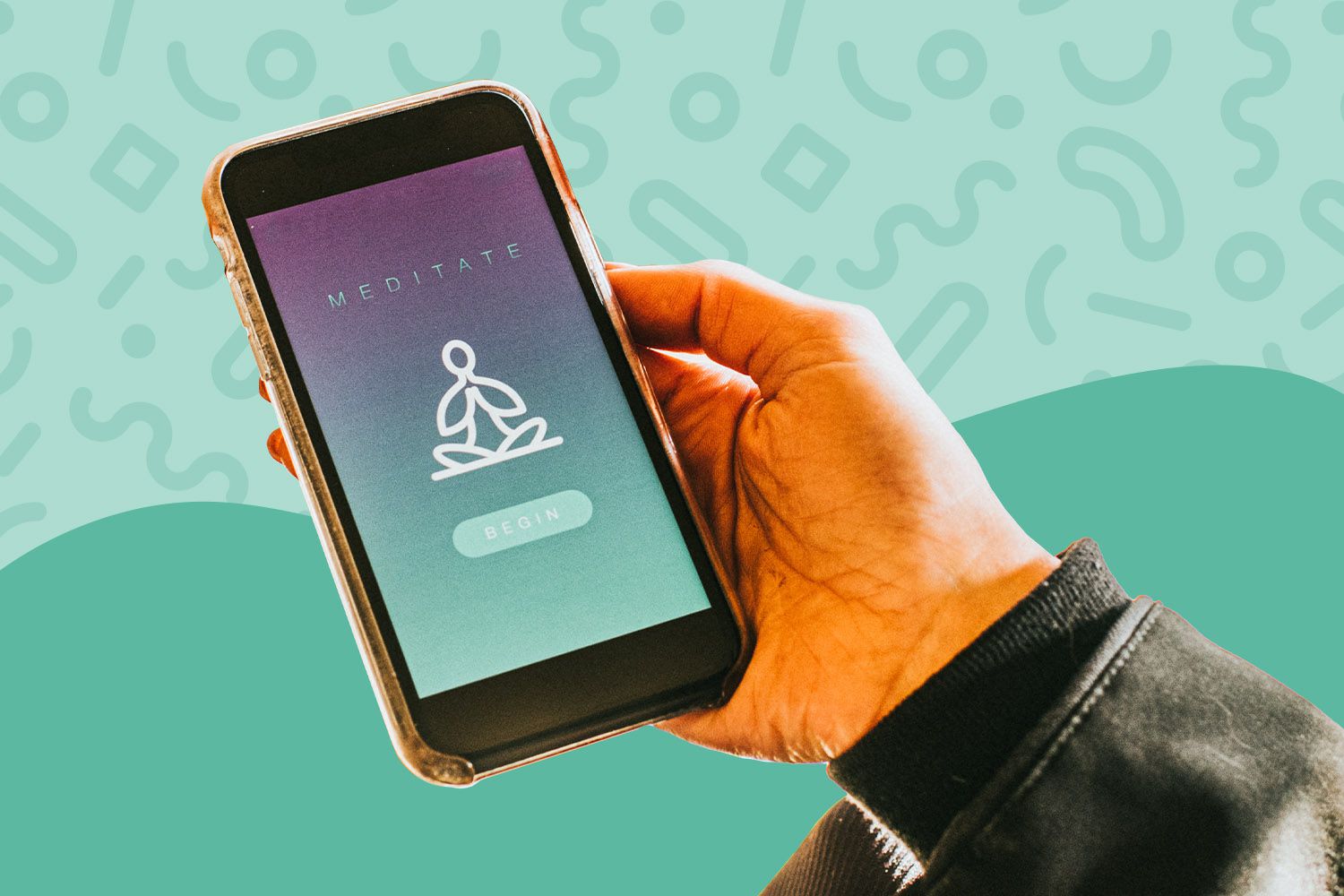Fighting Stigma, Boosting Crisis Support

Best Mental Health and Wellness Apps in 2024. (PHOTO: OyeLabs)
According to CNET, in the ever-evolving landscape of mental health, technology is taking on a pivotal role. Mental health apps are not just tools; they are champions in breaking down societal stigmas associated with seeking help through digital platforms. By providing accessible support for stress and anxiety, these apps are contributing to the normalization of technology as a valuable resource for mental well-being. Moreover, they play a crucial role in boosting crisis support, ensuring users feel comfortable reaching out for immediate help through digital means.
Your Mental Health Helpers
Navigating the array of mental health apps available in 2024 can be akin to discovering a treasure trove of well-being. These digital companions offer easy access to support for individuals grappling with the challenges of finances, location, or disabilities. While they don’t replace the importance of professional therapy, these apps become valuable allies, presenting a range of options that cater to diverse needs and preferences.
Easy Access to Support
The simplicity and convenience of mental health apps shine in their ability to assist with stress and anxiety. For those facing financial constraints, living in remote locations, or dealing with disabilities, these apps provide an accessible lifeline. While they don’t replace the irreplaceable connection with a professional therapist, they offer valuable support in different formats, accommodating the unique needs of individuals on their mental health journeys.
What Stands Out
The standout features of mental health apps in 2024 are diverse and cater to specific well-being needs. Moodfit, with its user-friendly mood tracking, empowers individuals to understand and manage their emotional states. Sanvello focuses on stress relief, providing a sanctuary for users seeking a moment of calm. Happify adds an element of fun to the journey with engaging games that foster positive thinking. These apps collectively offer a spectrum of tools, allowing users the freedom to choose how they improve their mental well-being.
Adding to Your Well-Being
As mental health apps gain popularity, they complement traditional therapy by offering an affordable and convenient way to support mental well-being. However, it’s crucial to recognize their role as supplements rather than replacements. Privacy concerns and understanding the limitations of these apps during challenging times are essential considerations. While they are valuable tools on the path to better mental health, a holistic approach that includes professional therapy remains integral for a comprehensive well-being strategy.

















































